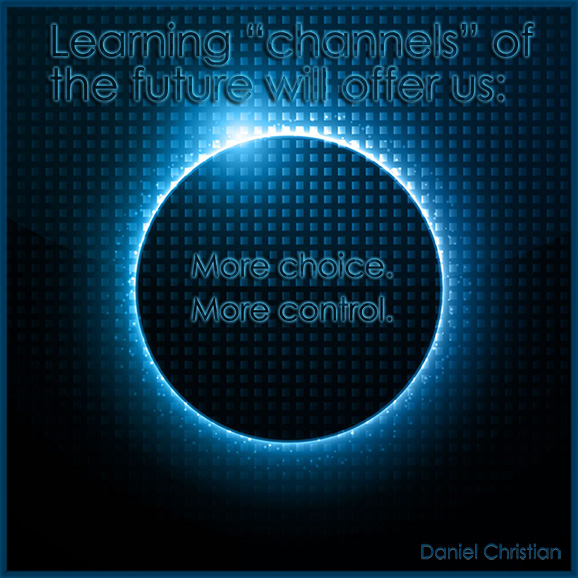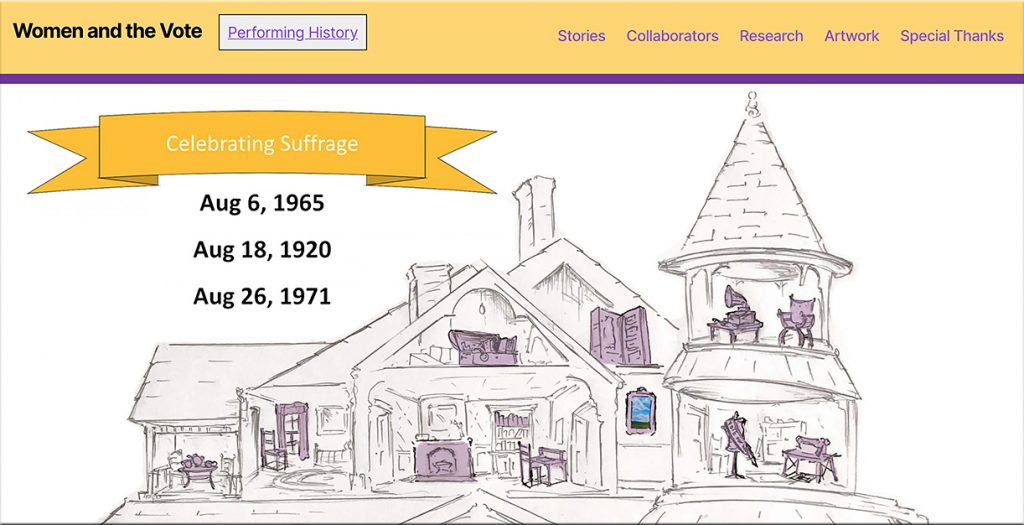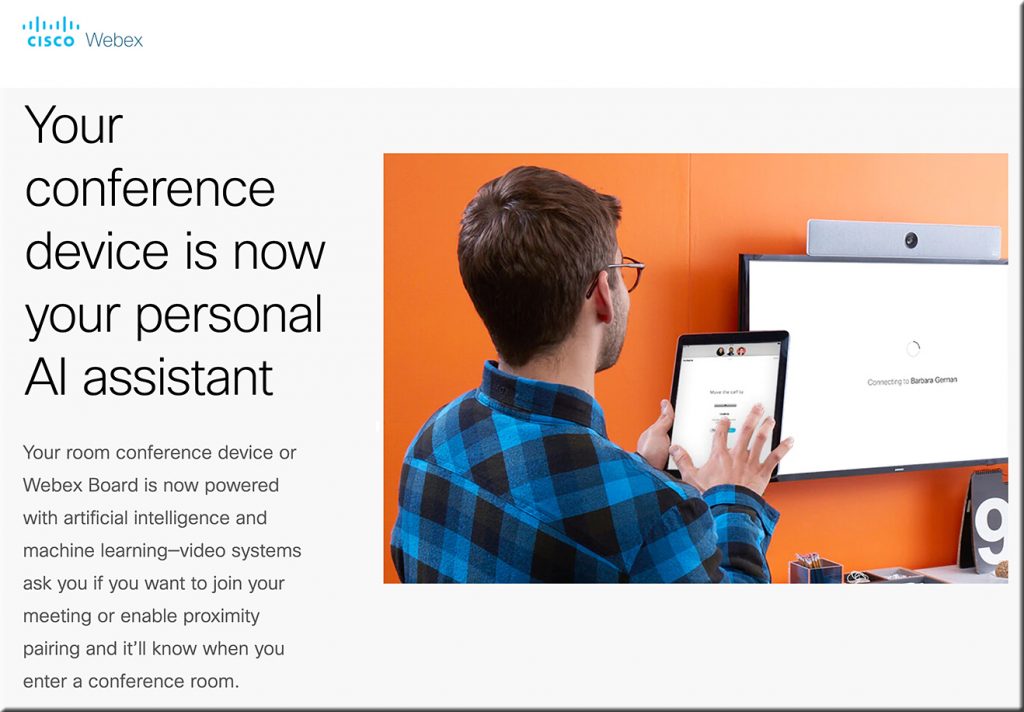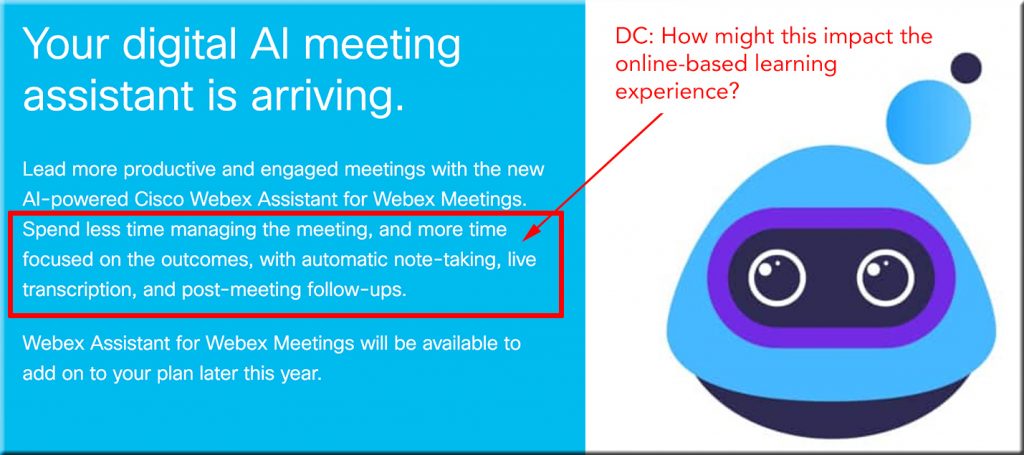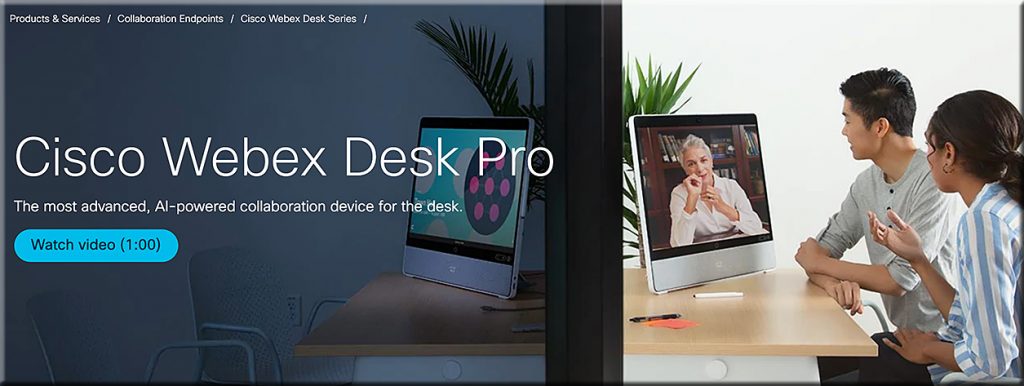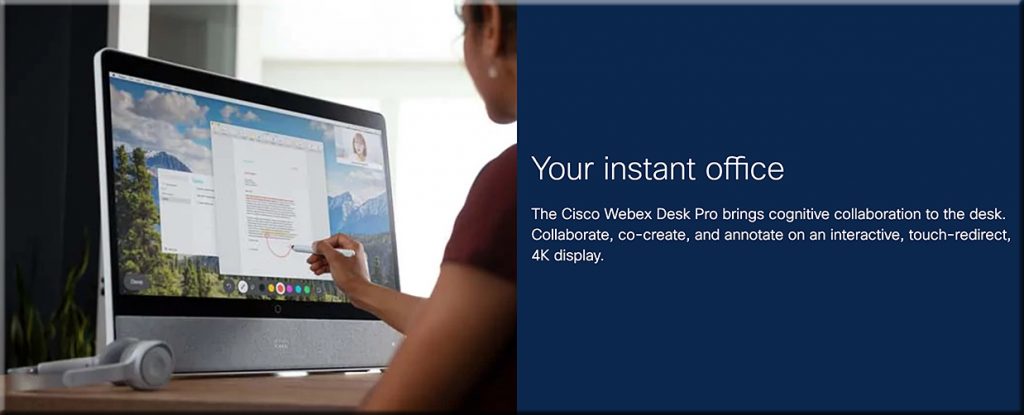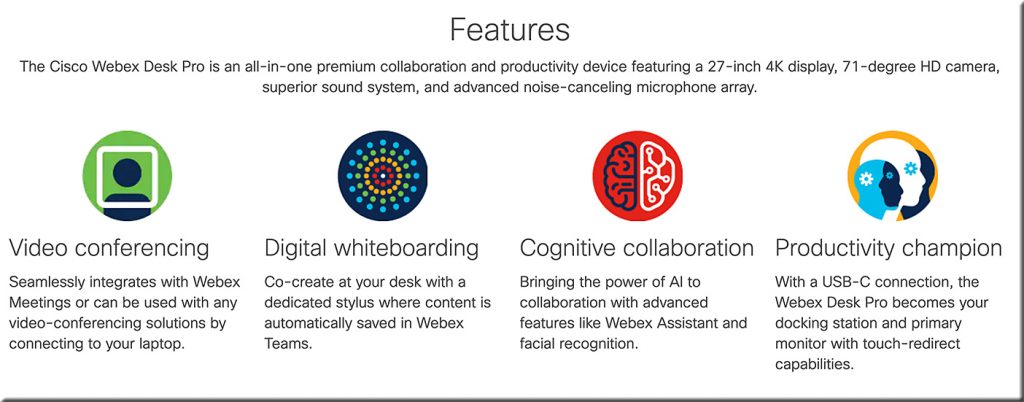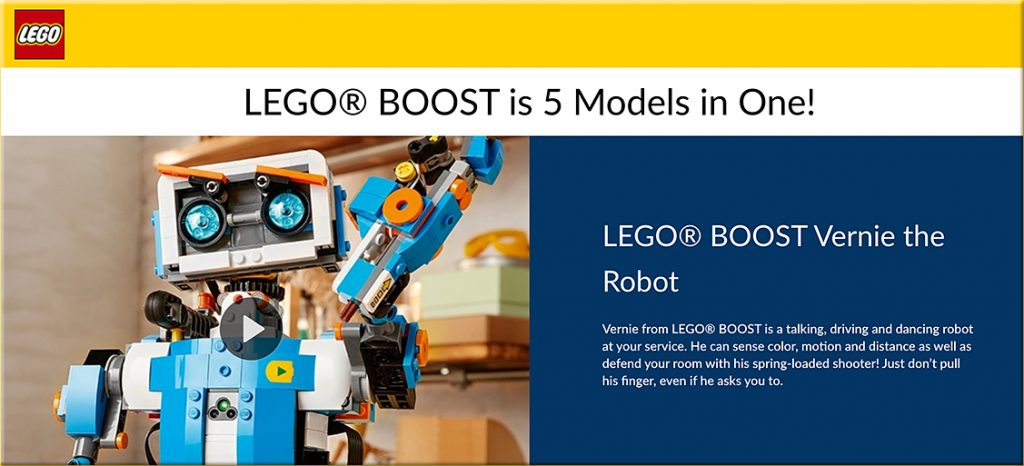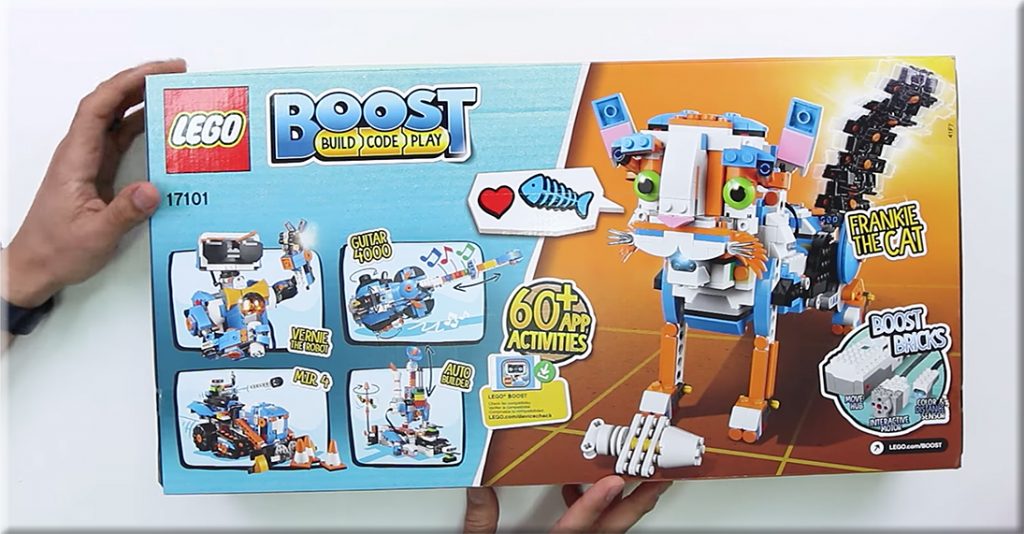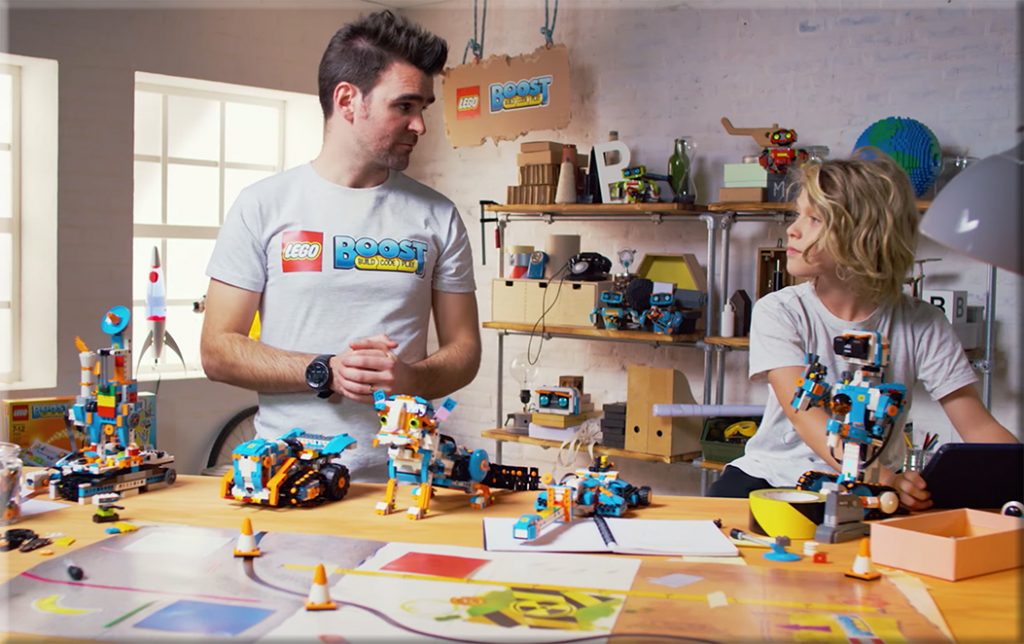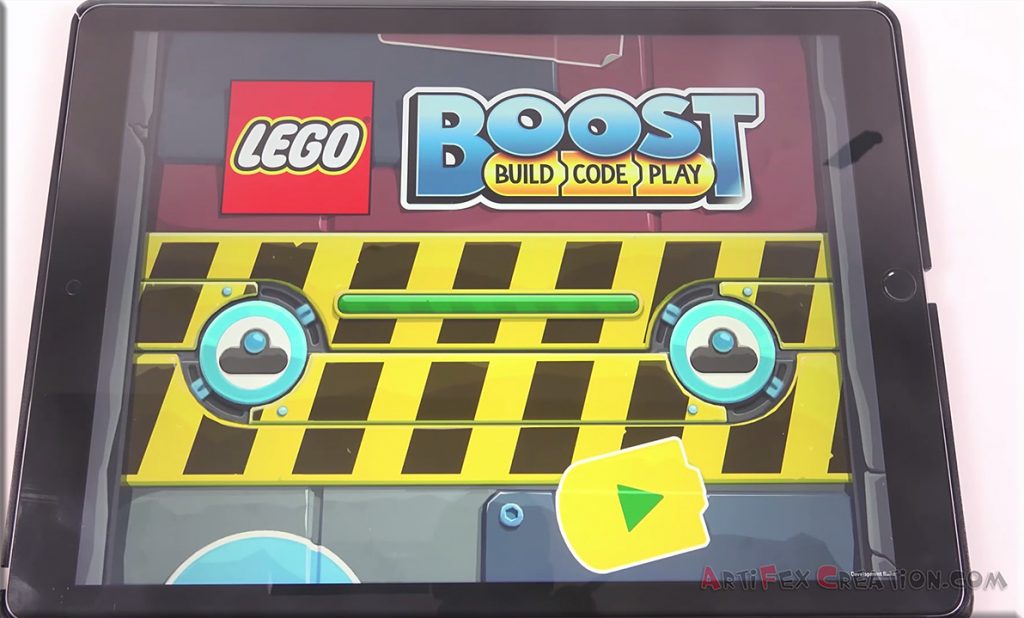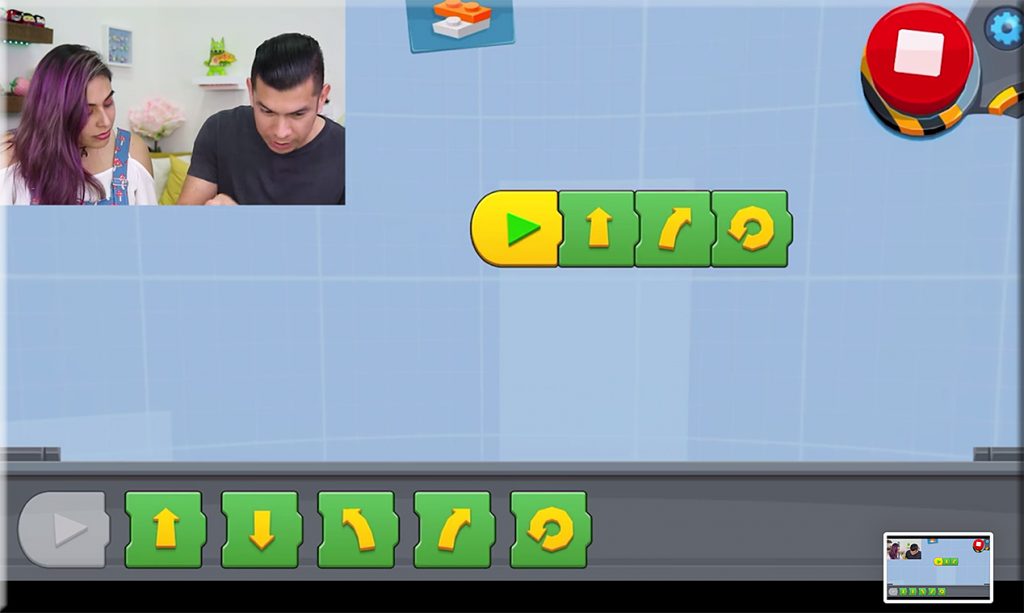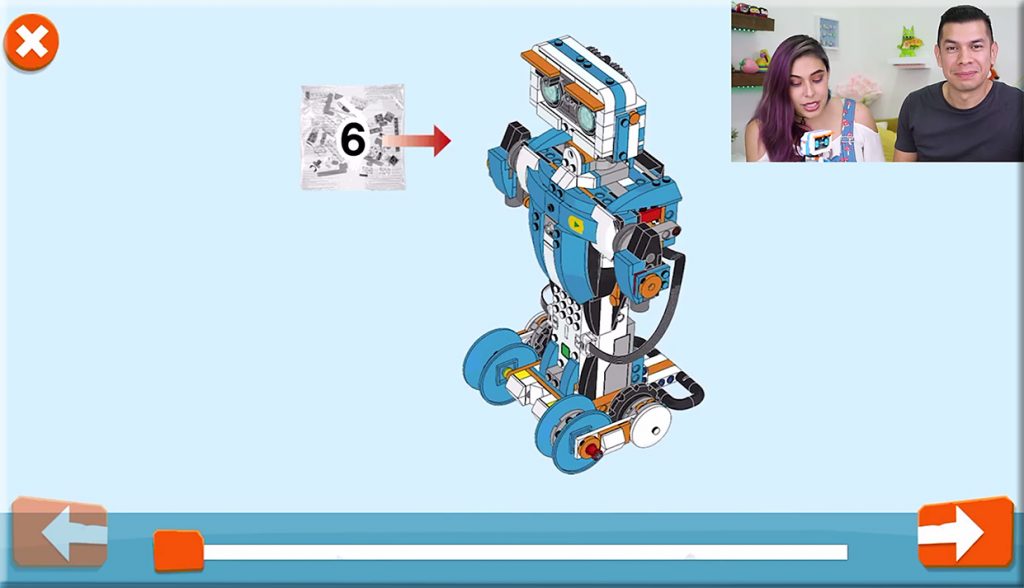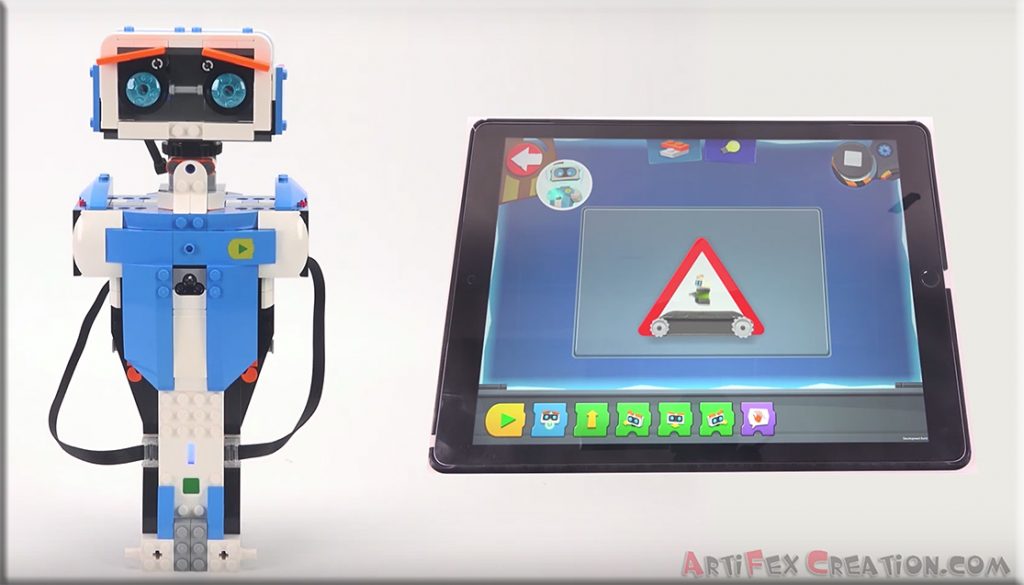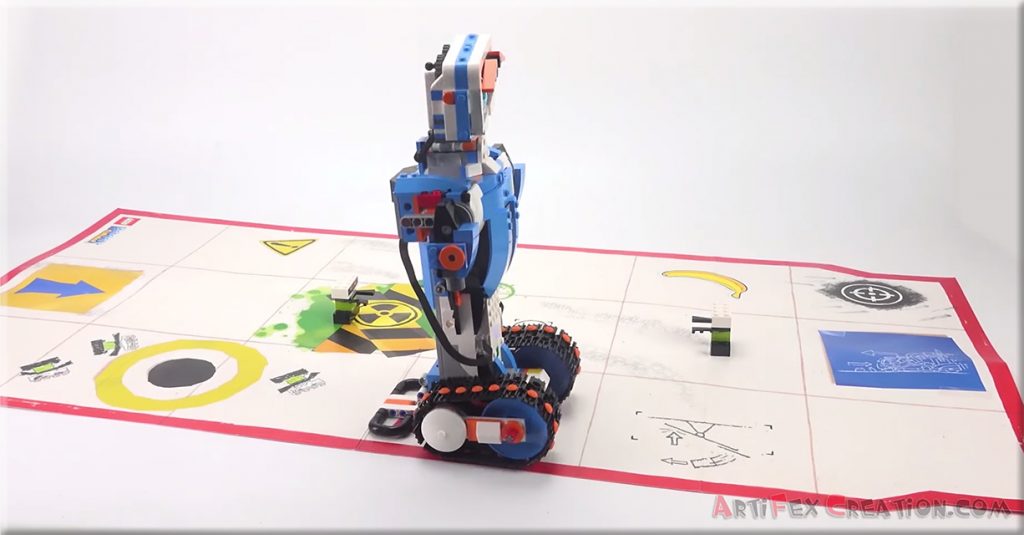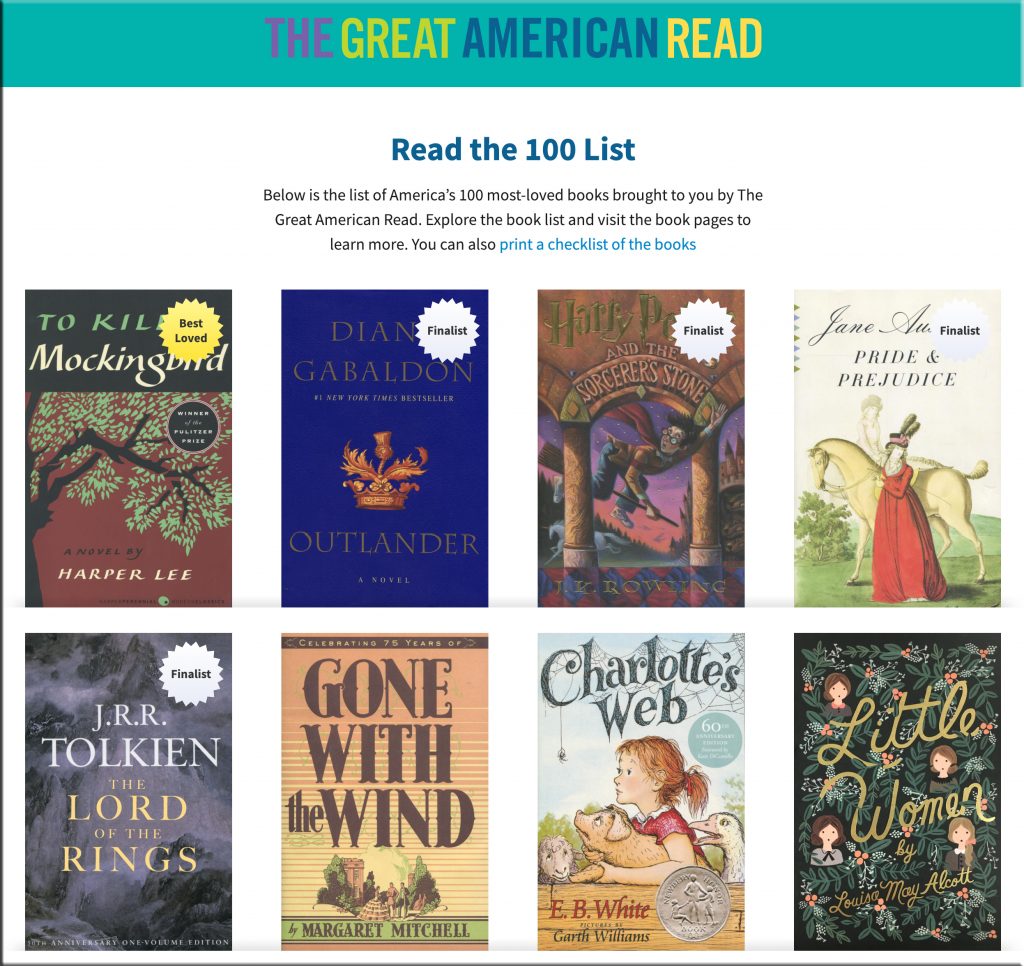9 BIG Questions Schools Must Answer to Avoid Going “Back to Normal” (*Because “Normal” Wasn’t That Great to Begin With) — from bigquestions.institute
Excerpt from email/e-newsletter (dated 1/27/21)
As we start to emerge from this dark moment, individuals and institutions need to be asking two important questions Given the trauma of the last 12 months, who are we now? And now that so much has changed about the world, who do we want to become?
Reflecting on those questions is especially important for educators. The “old normal” of schools is not coming back, nor should we want it to. Instead, this is an incredible opportunity to reset, to redefine our work.
To that end, we’ve written a new, free ebook: 9 Questions Schools Must Answer to Avoid Going Back to Normal (*Because Normal Wasn’t That Great to Begin With). Rather than innovate our way forward, Homa and I believe this is a moment to interrogate deeply the foundations of our work with children. That starts with a willingness to answer some big questions upon which we build our collective futures.
Q1: What is Sacred?
Q2: What is Learning?
Q3: Where is the Power?
Q4: Why do we _________?
Q5: Who is Unheard?
Q6: Are we Literate?
Q7: Are we OK?
Q8: Are we Connected?
Q9: What’s Next?
“Real change will require us to leave many of our old ideas about school behind.”
From DSC:
We must figure out better ways to get away from creating game-players to developing curious, passionate learners instead. Even in law schools, points and grades are still used as the currency to get students to do some things. Holy smokes! That pull/embedded behavior is a strong undercurrent even for adults learning about new things.
Students need to see their faculty members and/or teachers as people who ARE ON THEIR TEAM. Not an adversarial, controlling relationship. But one wherein the teacher or the professor is trying to help that person develop into a better, ___, ___, or ____.
I love the suggestion mentioned in the “Towards a new normal” on page 23 that says…
“Instead of ‘students’ and ‘teachers,’ refer to everyone in the school as ‘learners.'”
#behaviorism #learning #education #educationreform #K12 #lawschools and more.
